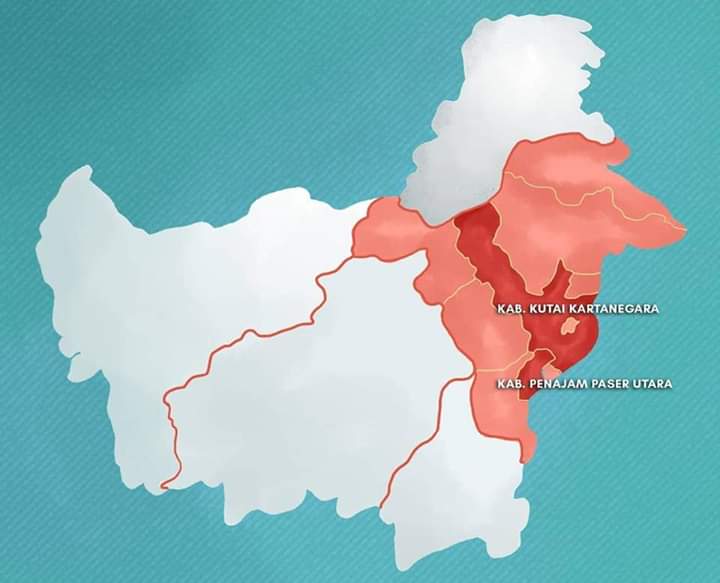by Dr. Rizal Ramli
It’s official. With the Indonesian House of National Representatives, or DPR, having passed legislation for moving the nation’s capital to an area in East Kalimantan that will be named Nusantara, Indonesia is slated to become the first country in the 21st century to relocate its place of government.
Supporters of the project are saying a new capital is needed because Jakarta has become a dysfunctional megalopolis. There is some truth to this: Until the 1990s Jakarta had a certain charm with its Dutch colonial architecture and the feel of being one big friendly village, but now it has transformed itself into one of the less attractive cities to live in Asia. Moving the capital, they say, will relieve Jakarta of overcrowding, eventually making it into a more livable city.
The fact Jakarta is not an ideal place to live, however, doesn’t necessarily mean the capital should be moved to a distant place such as East Kalimantan. Getting the location wrong can spell failure, and while some countries have successfully moved their capitals, others have ended being an expensive mistake.
One success story is the moving of India’s capital from Calcutta to New Dehli in 1931. Since then New Delhi. It’s green spaces, wide vistas and broad tree-lined avenues contrast sharply with other Indian cities and many Indians consider it to be one of the country’s better cities. According to the Confederation of Indian Industry’s Liveability Index, New Dehli offers the best quality of life to its residents among all all cities in the country.
Here in Southeast Asia, the creation of administrative centers such as Putrajaya in Malaysia and Sejong in South Korea are excellent examples of how to move one’s place of governing a nation. And further south down under, Australia’s capital city of Canberra is a model worth emulating.
When it comes to Indonesia’s plan to build a futuristic capital city in East Kalimantan, there are good reasons to be skeptical about the wisdom of such a move. Like Brasilia, which replaced Rio de Janeiro in 1960 as the capital of Brazil, and which was also built in a remote corner of the country, there are few reasons to believe that Indonesians would want to work and live in an area that is literally in the middle of nowhere.
Many of the supporters of the project compare it to the creation of Brasilia, which was entirely built from the ground up. But although Brasilia’s modern architecture might inspire some, it never quite lived up to its hype. Only affluent Brazilians can afford to live there, and promises that moving the capital would shift the economic and demographic center of gravity away from Rio de Janiero towards less developed areas never materialized.
It will surely be the same with Indonesia’s new capital. Like Brasilia, more than likely it will end up being a futuristic city in a location of scant appeal. It is unlikely it will do little in shifting the economic calculus, as well. Jakarta will remain as the commercial center of the country.
Some commentators fear the new city of Nusantara will become a magnet for China. Such fears might not so far-fetched. After all, China has been keen over the past decade to foster closer diplomatic and economic relations with Indonesia. Most certainly, the new capital will attract Chinese diplomats and businessmen because there will be fewer prying eyes while they curry favor with Indonesian politicians and policymakers.
Then there are the economic aspects of the project. At a price tag of US$32 billion, it will be Indonesia’s largest infrastructure project ever. A fair question would be, why start the project in the middle of a pandemic? Taking aside the risk it will end being just another Brasilia, one must seriously challenge the wisdom of undertaking such a large expense while many Indonesians are finding it difficult to cope with the pandemic-induced economic downturn. Surely such a large amount of public funds could have been put to better use by increasing spending on social assistsnce. Unfortunately it seems the government thinks otherwise.
sumber : https://www.kedaipena.com/a-not-so-capital-idea/
